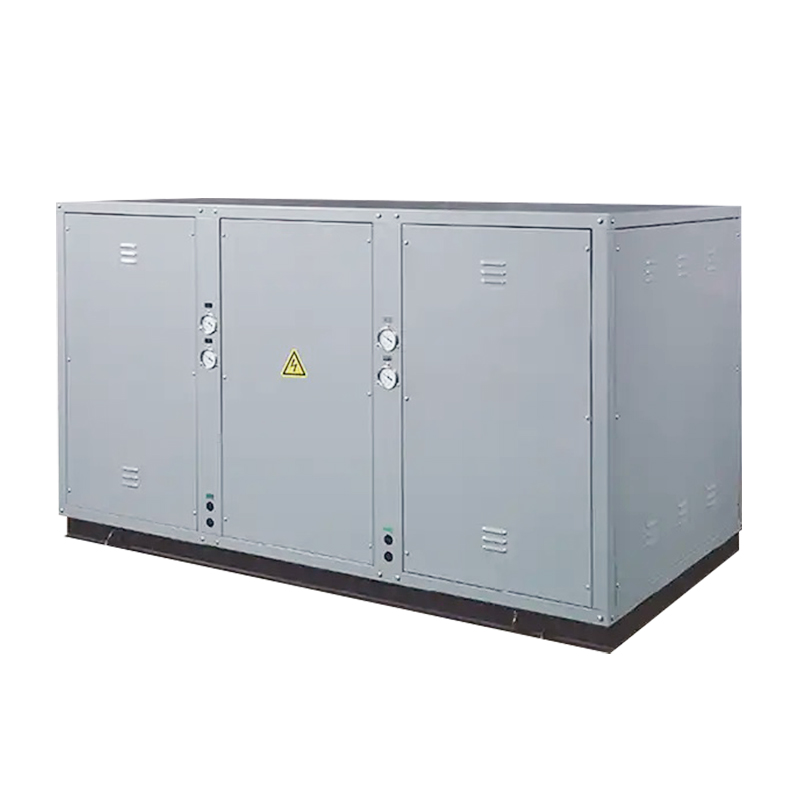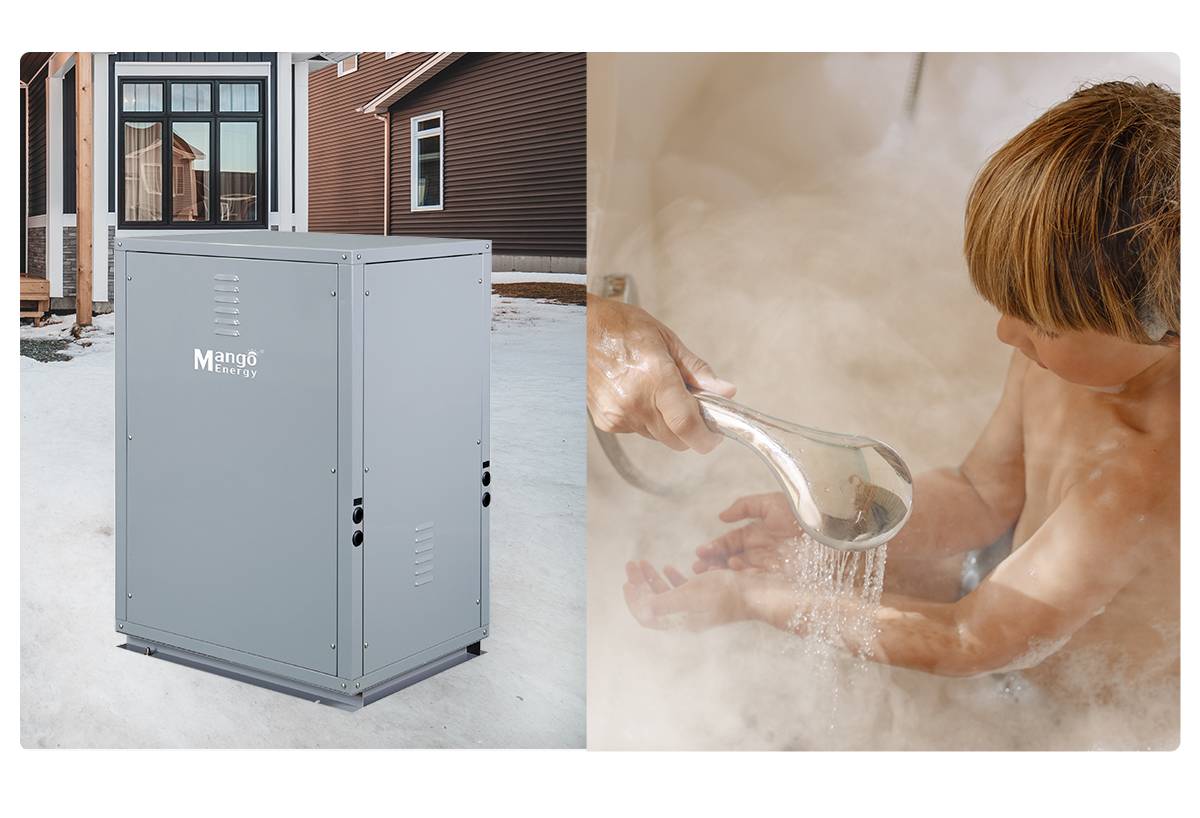
In recent years, the discourse around sustainable and efficient heating and cooling systems has intensified, with homeowners seeking eco-friendly alternatives to traditional HVAC setups. One such innovative solution gaining traction is the geothermal ground source heat pump. But what exactly is a geothermal heat pump, and how does it revolutionize residential heating and cooling? In this comprehensive guide, we delve into the intricacies of geothermal heat pumps, exploring their functionality, benefits, installation process, and environmental impact.
1. Demystifying Geothermal Heat Pumps
What is a Geothermal Heat Pump?
A geothermal heat pump, also known as a ground source heat pump, is a renewable energy technology that utilizes the constant temperature of the earth to provide heating, cooling, and hot water for residential and commercial buildings. Unlike conventional HVAC systems that rely on burning fossil fuels or electricity to generate heat or cool air, geothermal heat pumps leverage the stable temperature of the ground below the Earth's surface.
How Do Geothermal Heat Pumps Work?
The operation of a geothermal heat pump is based on the principle of ground-source heat exchange. Through a series of underground pipes, known as a ground loop, a geothermal heat pump extracts heat from the earth during the winter months and transfers it into the building for heating purposes. Conversely, in the summer, the system removes heat from the indoor air and dissipates it into the cooler ground, thereby providing efficient cooling.

Types of Geothermal Heat Pumps
There are two primary types of geothermal heat pump systems: open-loop and closed-loop. Open-loop systems utilize groundwater from a well as a direct heat source or sink, while closed-loop systems circulate a mixture of water and antifreeze through a sealed loop of pipes buried underground.
2. Advantages of Residential Geothermal Heat Pumps
Energy Efficiency
One of the most significant advantages of geothermal heat pumps is their exceptional energy efficiency. By harnessing the steady temperature of the earth, these systems can achieve higher Coefficient of Performance (COP) values compared to traditional HVAC units, resulting in lower energy consumption and reduced utility bills for homeowners.
Environmental Sustainability
Another compelling benefit of geothermal heat pumps is their minimal environmental impact. Unlike fossil fuel-based heating systems, which emit greenhouse gases and contribute to climate change, geothermal heat pumps utilize clean, renewable energy sources, thereby reducing carbon emissions and mitigating environmental degradation.

Longevity and Durability
Geothermal heat pump systems are renowned for their longevity and durability. With proper maintenance, these systems can last upwards of 25 years or more, outlasting conventional HVAC units and providing homeowners with reliable heating and cooling solutions for decades to come.
3. Installation Process and Considerations
Site Assessment
Before installing a residential geothermal heat pump, a comprehensive site assessment is conducted to evaluate the feasibility of the project. Factors such as soil composition, available land area, and geological characteristics play a crucial role in determining the suitability of geothermal heat pump installation.
System Design and Sizing
Once the site assessment is complete, engineers design a customized geothermal heat pump system tailored to the specific heating and cooling needs of the property. Proper sizing of the system is essential to ensure optimal performance and energy efficiency.
Installation and Commissioning
The installation process involves excavating trenches or drilling boreholes to accommodate the ground loop system. Skilled technicians then install the piping network and connect it to the indoor heat pump unit. After installation, the system undergoes rigorous testing and commissioning to verify its functionality and efficiency.
Geothermal heat pumps represent a sustainable, efficient, and environmentally friendly solution for residential heating and cooling needs. By harnessing the natural heat stored beneath the Earth's surface, these innovative systems offer homeowners a reliable alternative to traditional HVAC systems while reducing energy consumption and carbon emissions. With the growing emphasis on sustainability and eco-conscious living, geothermal heat pumps are poised to play a pivotal role in shaping the future of home comfort and energy efficiency.


